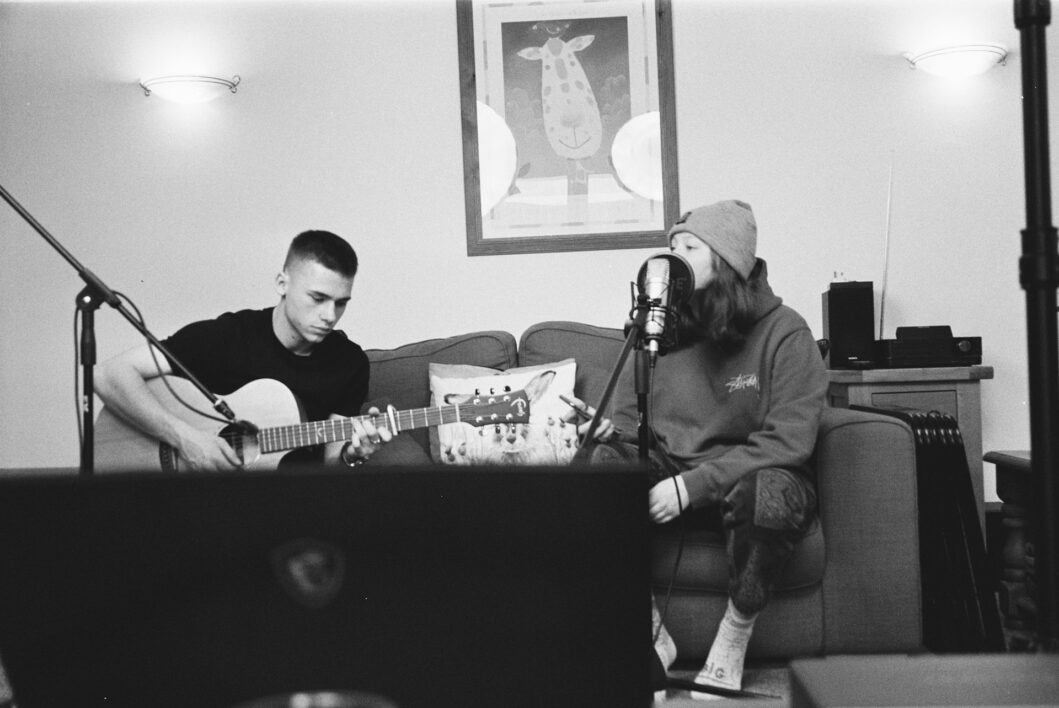Discovering Your Path in Music Composition
Starting a career in music composition is an exciting journey for those passionate about creating melodies that move people. Music composers work in various industries, including film, television, video games, advertising, and performing arts, crafting original scores that elevate the storytelling and emotional impact of a project.
Build Your Musical Foundation
Before diving into professional composition, it is essential to develop a solid understanding of music theory, harmony, and arrangement. Learn to read and write sheet music, study different genres, and analyze compositions by successful composers to understand structure and instrumentation. If possible, consider formal education through music schools or online courses to strengthen your technical knowledge.
Learn to Use Composition Tools
In the modern industry, proficiency in Digital Audio Workstations (DAWs) like Logic Pro, Cubase, or Ableton Live is crucial. These tools allow you to produce high-quality demos, experiment with different instruments, and bring your ideas to life efficiently. Additionally, learn to work with virtual instruments and sample libraries to enhance your compositions with realistic orchestral or electronic sounds.
Start Composing Regularly
Consistent practice is key to improving your craft. Compose short pieces for different moods and genres, participate in online composition challenges, and score scenes from films or animations to build versatility. Each composition you complete will refine your creative workflow and prepare you for professional demands.
Create a Professional Portfolio
As you gain experience, compile your best work into a portfolio that showcases your versatility and style. A strong portfolio, including audio samples, video scores, and sheet music, is essential when applying for projects, competitions, or collaborations with filmmakers and game developers.
Build Your Network and Seek Opportunities
Networking is essential in the music industry. Connect with filmmakers, game developers, and content creators who may need original music for their projects. Attend industry events, join online composer communities, and use platforms like SoundCloud or YouTube to share your work and attract potential clients.
Understand the Business Side
Learn about copyrights, licensing, and contracts to protect your work and understand how to monetize your compositions through royalties, direct sales, or commissions. Understanding these aspects will help you sustain your career financially while focusing on your creative pursuits.
Conclusion: Your Journey as a Composer Begins
Becoming a professional music composer requires passion, practice, and persistence. By building a strong foundation in music theory, mastering composition tools, creating a versatile portfolio, and networking within the industry, you can transform your passion for music into a fulfilling profession, composing melodies that inspire and resonate with audiences worldwide.

